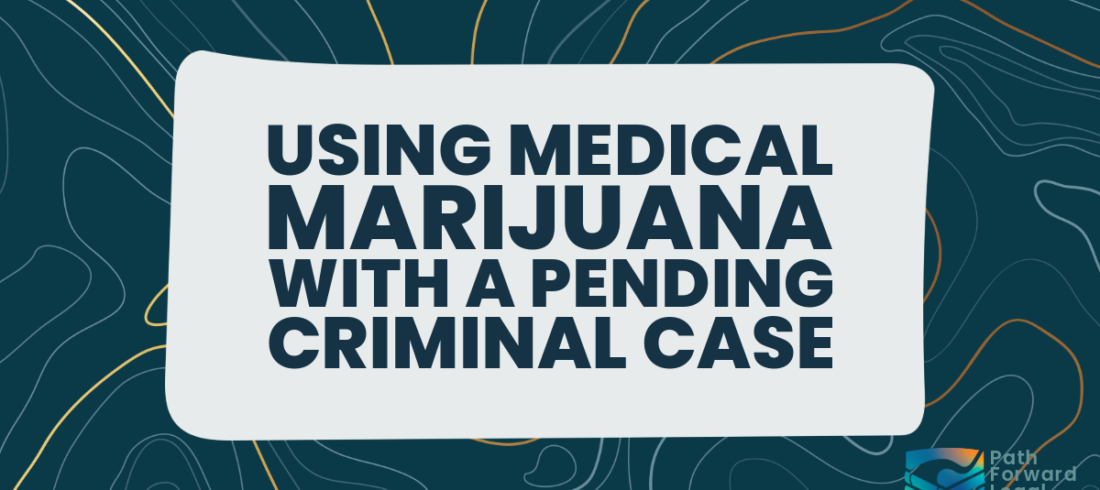Like many professionals, criminal defense attorneys and prosecutors have their own set of acronyms and special language to communicate quickly on cases. Let’s talk about some of the most common acronyms that you might see in a criminal case when the prosecutor conveys a plea offer.
PG – Plead Guilty. This is often the first thing in an offer, followed by many other acronyms. It means that the defendant will plead guilty and not ask for a jury trial to determine their guilt.
DJS – Deferred Judgment and Sentence. This is also called a DJ. A deferred judgment means that you will plead guilty, but you also have a contract with the prosecutor. If you follow all of the requirements of the contract, then they will allow you to withdraw your guilty plea at the end of the term.
DV – This means Domestic Violence. When it’s on a plea deal or in a plea agreement, that means that the guilty plea is for a crime with domestic violence. This has serious implications and requirements for sentencing, so it’s important that you understand the requirements of probation in these cases.
AET or SAET – Alcohol Evaluation and Treatment or Substance Abuse Evaluation and Treatment. The evaluation is something that the probation department conducts, usually after sentencing. The result of the evaluation dictates the treatment that will be ordered during probation. It will be your responsibility to make sure that you follow the resulting requirements during your probationary time.
MHET – Mental Health Evaluation and Treatment. Often, we tell our clients to get an evaluation from a trusted mental health provider when we work on a plea bargain or are waiting for sentencing. Probation will usually go along with an existing treatment plan, if it is working. Alternatively, probation will direct you to an evaluation by a provider that they approve.
UPS – Useful Public Service. This is community service. Every county has its own process for doing community service, so make sure you know that process before you start. Your criminal defense attorney can point you in the right direction if you don’t already have a probation officer to help.
Conclusion
We hope that these common acronyms help explain some terms attorneys use to talk about sentencing in criminal defense cases. If you’re trying to decide if you should accept a plea deal at your next arraignment court date, it’s vital to understand all the terms in the agreement. Know the rights that you have, and the ones that you are giving up, during a guilty plea.



